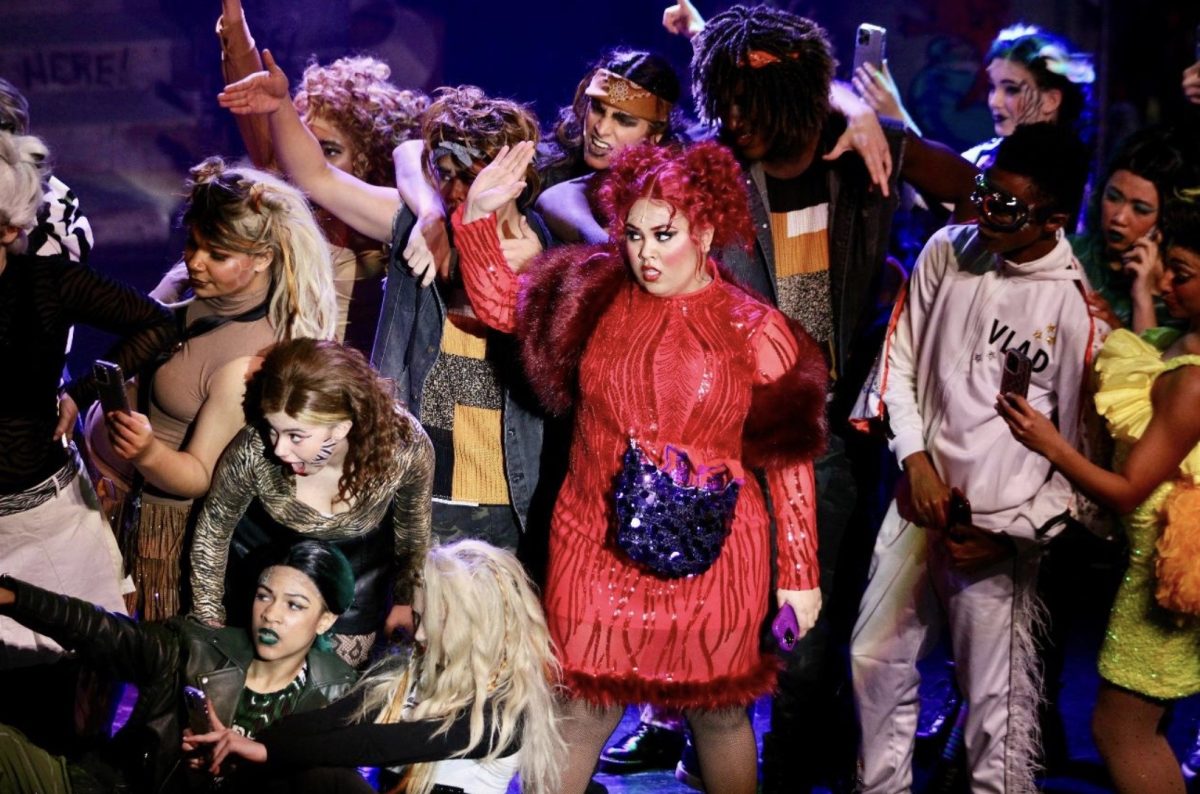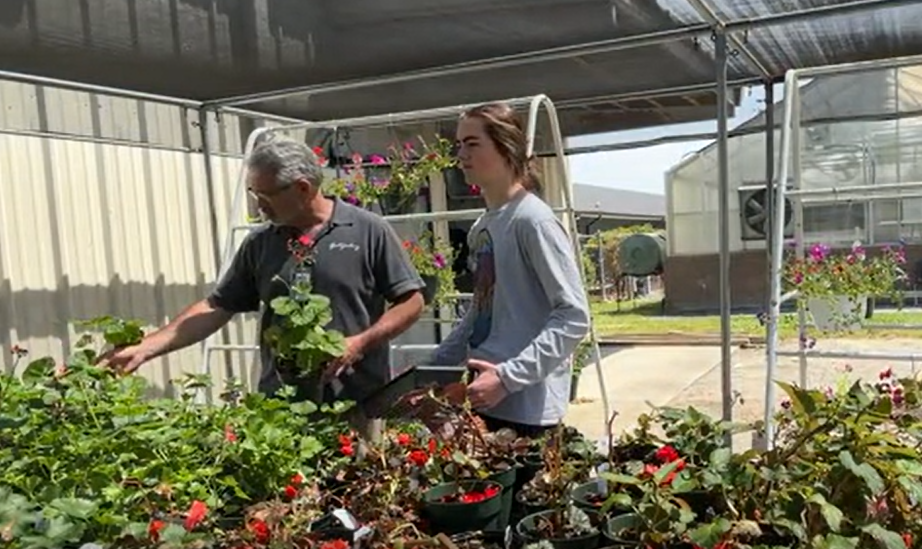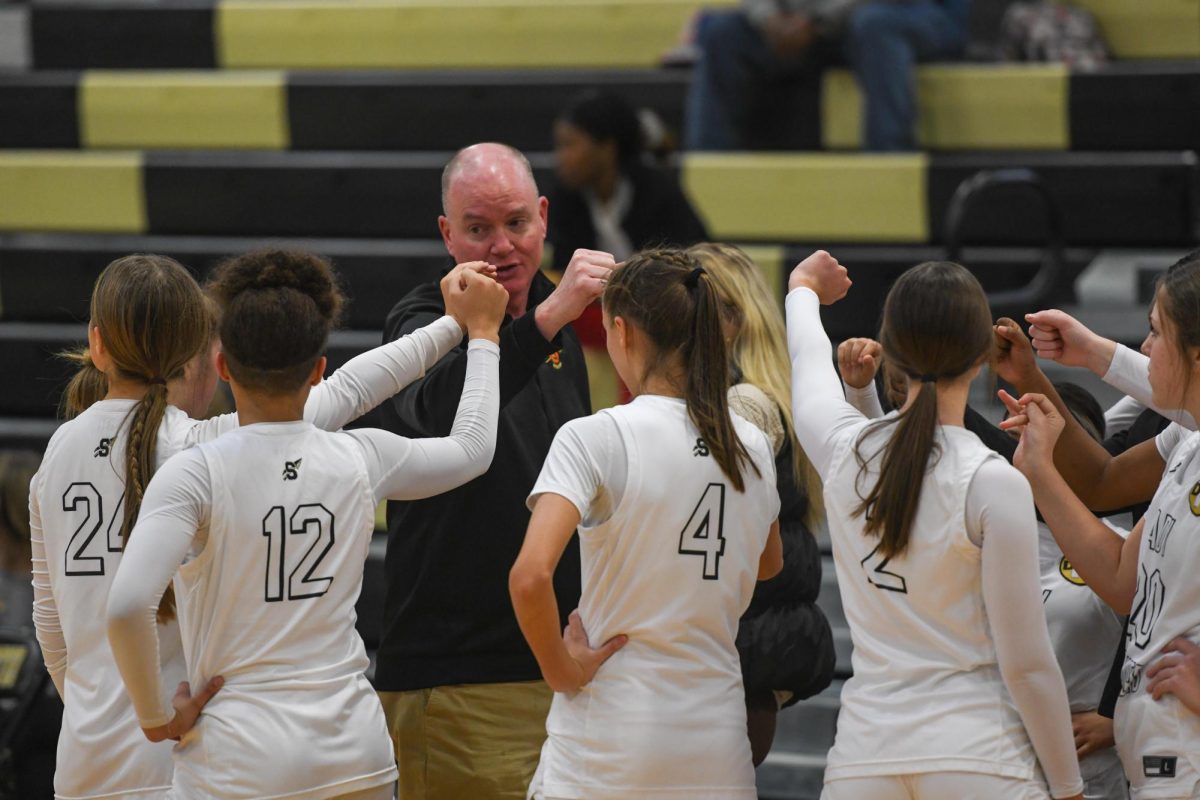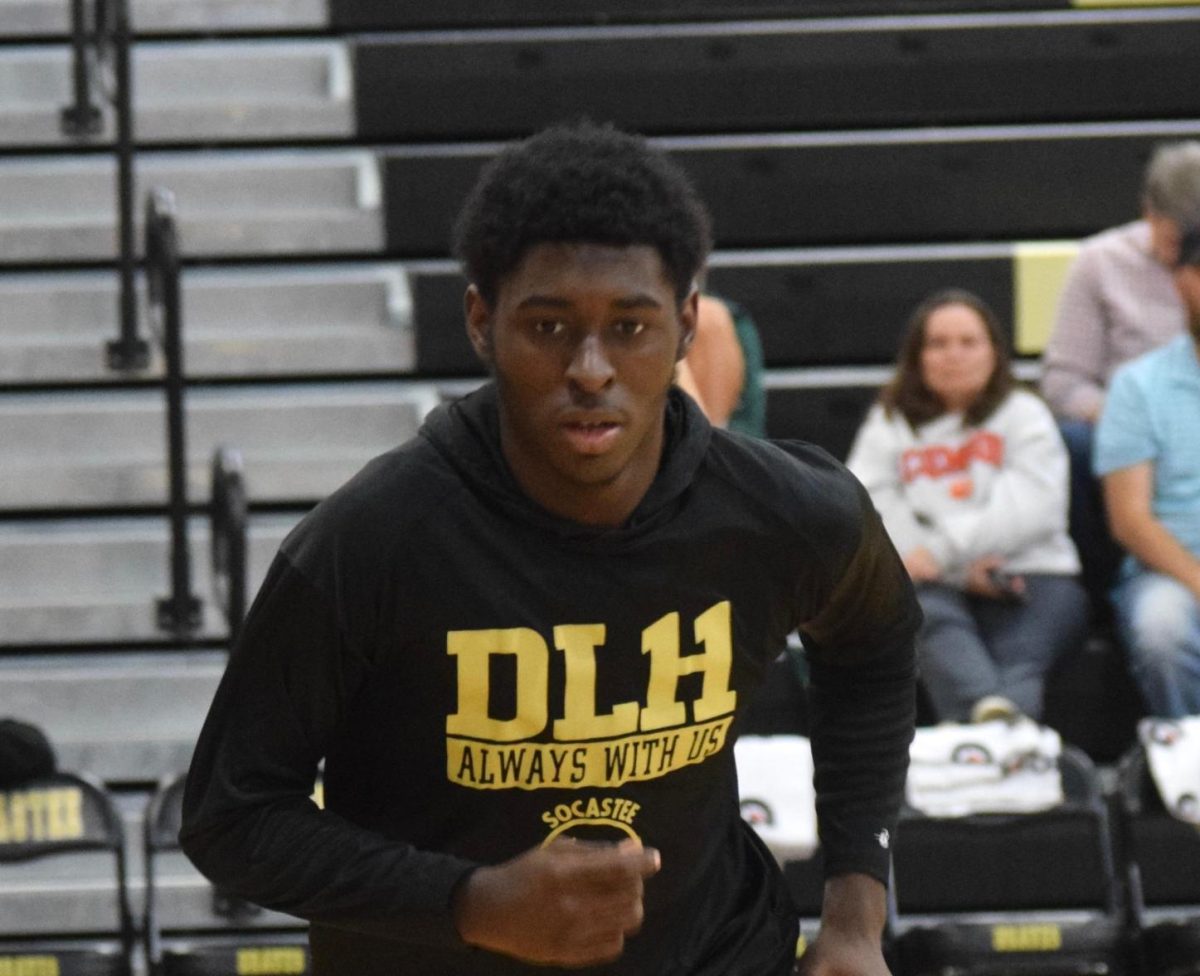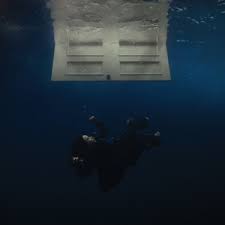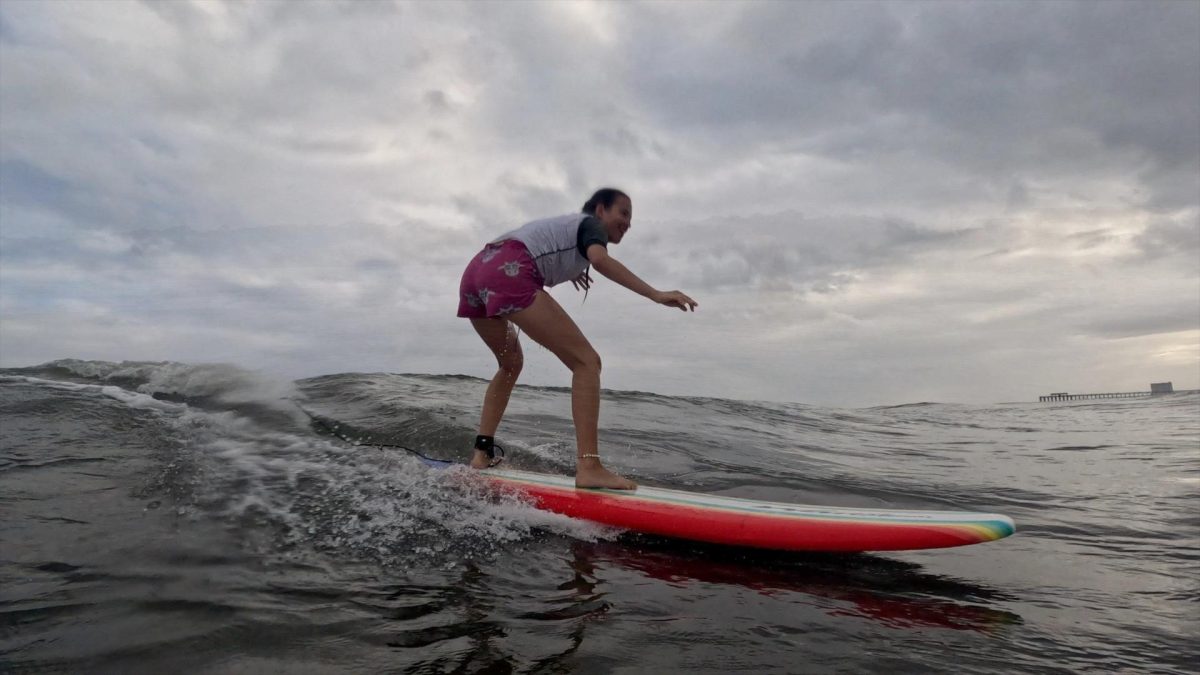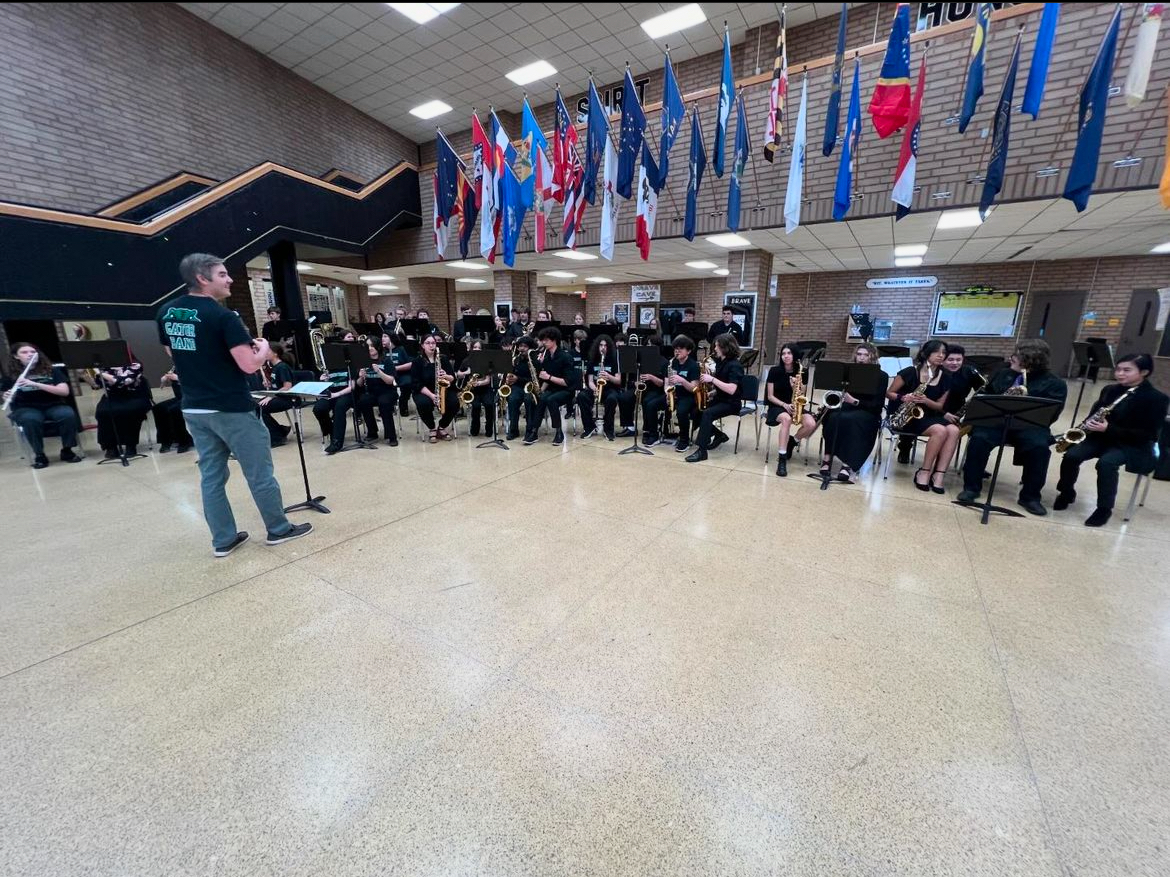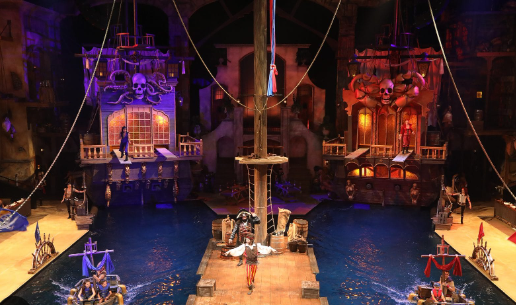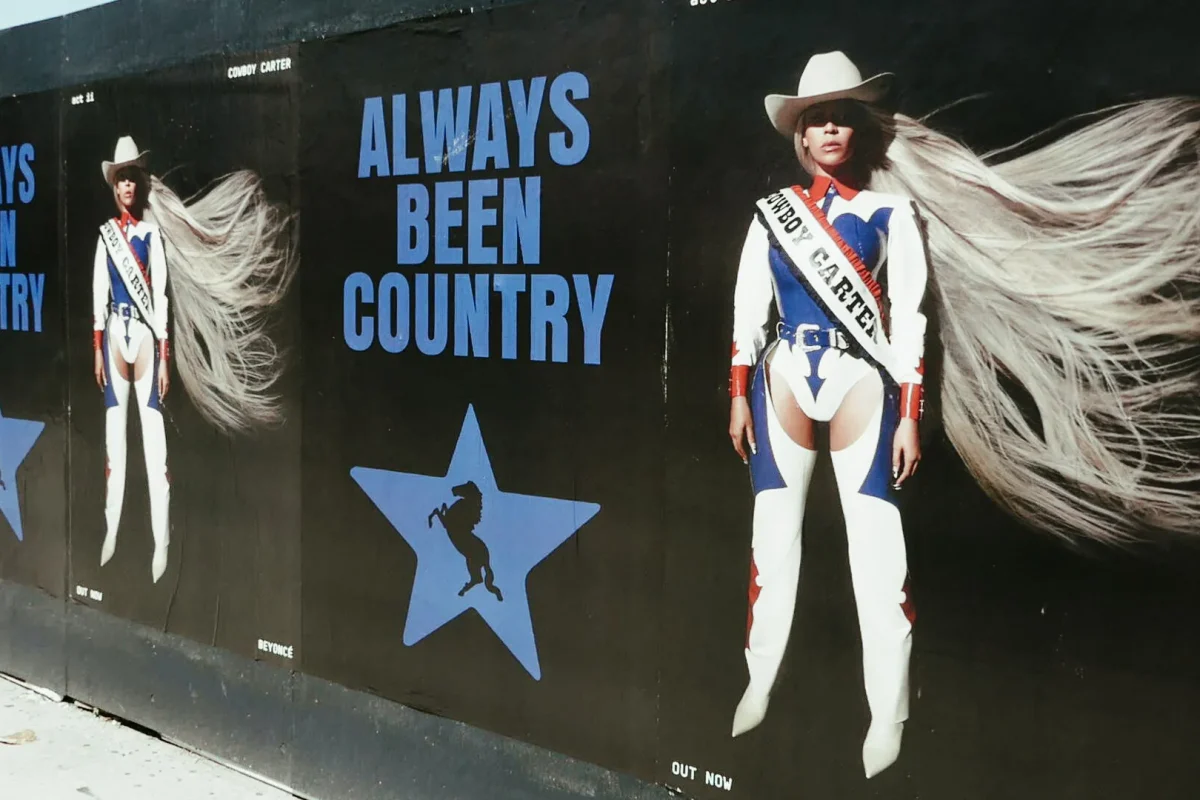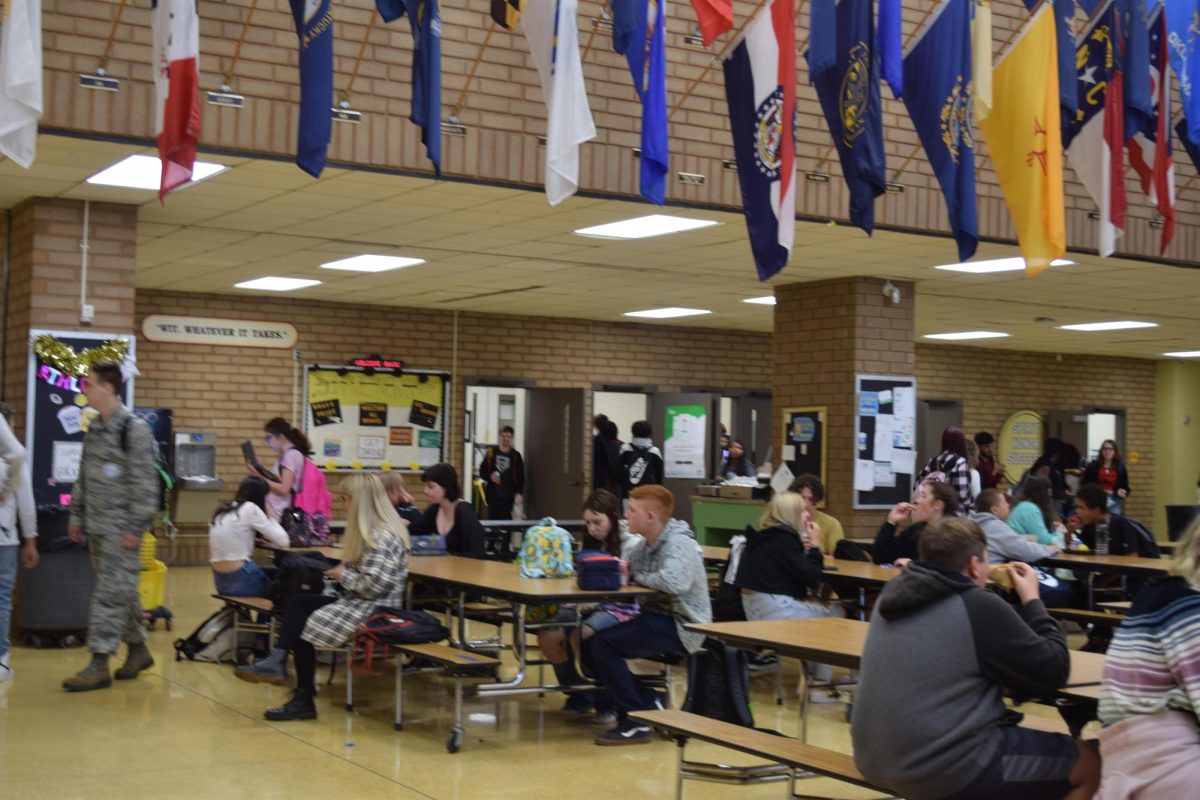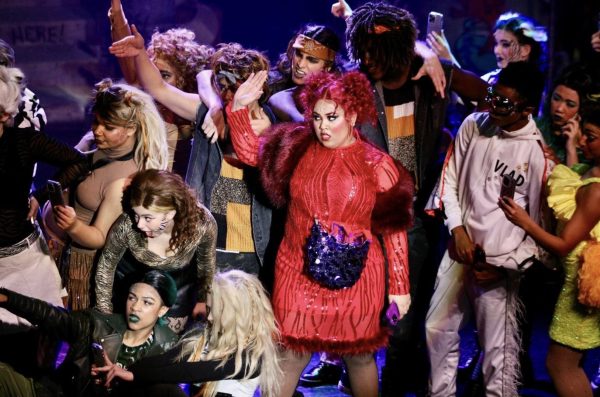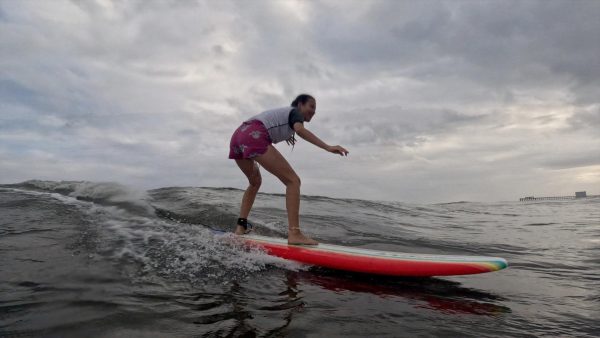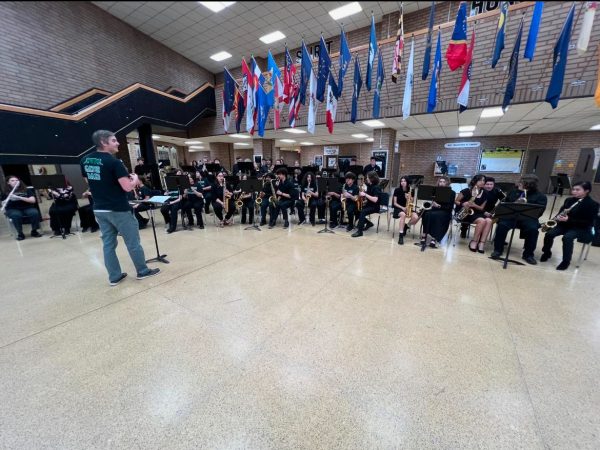Marine Science Class Opens Students’ Eyes to Environmental Issues
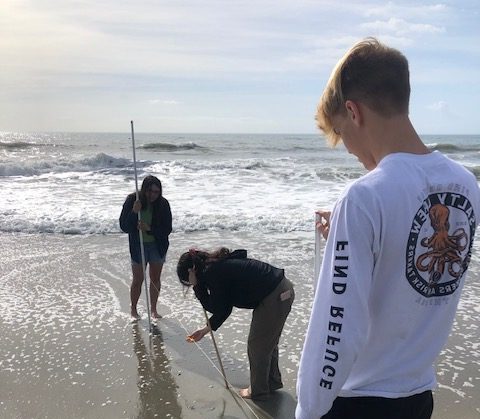
Seniors Brianna Lazar and Max Davis perform a beach profiling lab to study the beach dynamics that affect waves and currents at Pebble Beach, Myrtle Beach.
Marine Science teacher Mr. Jared Hendrix is on a mission to make students more aware of environmental issues. He keeps his students engaged with field trips that give them a hands-on view of marine life and the surrounding environment.
“This is different from going to the beach or going out on a boat,” Mr. Hendrix says. “With these field trips you are really looking at the environment, studying certain aspects, getting to do hands-on lab work and field testing. You’re getting your hands dirty and getting a feel of what it’s like to be actual research scientists in the field.”
With field trip locations ranging from beaches, the Oyster Landing in Murrells Inlet, salt marshes, the Waccamaw River, the Intercoastal waterway, and Ripley’s Aquarium, the Marine Science class is different from typical high school academic classes.
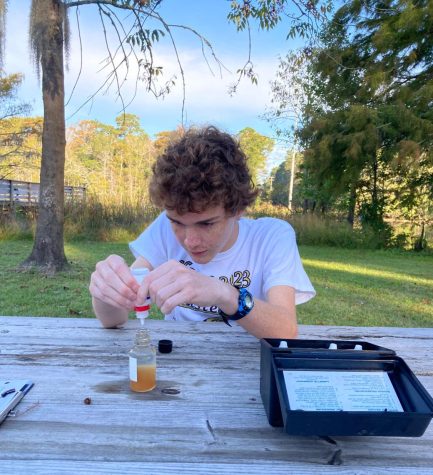
Junior Morgan Daly says one of her favorite experiences in Marine Science was going to Huntington Beach to collect water samples to see how much salinity and dissolved oxygen is in the ocean.
“It helped us to learn about the factors in the environment that have an impact on marine life in the water, as well as our own impact,” she says.
The class also makes students aware of environmental issues such as climate change, the dangers of plastics, and ocean acidification.
“I think that the class is preparing me ‘real-life’ wise,” Morgan said. “I’m learning what is actually happening in the ocean and the impact that it has on communities around the world.”
Marine Science class units are based on ocean mapping and navigation, physical oceanography, marine biology, marine chemistry, marine geology, and conservation. Mr. Hendrix keeps his students engaged by including lab experiments and having numerous fossils, shells, and even preserved organisms for students to interact with on display in his classroom.
“I really liked learning about the biology unit specifically, because I’m planning on going into marine biology as a career after high school,” Junior Baird Stewart said. “I got to learn about the taxonomy of different organisms in the marine world, and I was so engaged in the class that I feel like I actually retained the knowledge.”
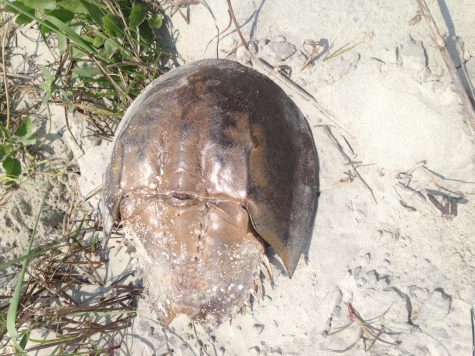
Mr. Hendrix has taught students to think beyond social and political boundaries for eco-friendly alternatives to fight the harmful effects that our actions have had on the planet. He encourages students to do their own research and stay informed on which corporations and politicians are contributing to environmental problems.
“It worries me politically that the government would lie about certain things about the environment just to get more votes,” Baird says. “Plastic is one of the worst things there is for the environment because it stays in the environment forever, and politicians aren’t talking about that.”
Marine Science has made people more aware of the issues we face, such as coral bleaching due to ocean acidification, increased salinity in the ocean, and rising ocean levels due to global warming, Mr. Hendrix says.
“Everybody on Earth should feel that responsibility to be aware of all the issues facing the ocean and the environment, and to do something about it,” Mr. Hendrix said. “ I know that not everybody in my class is going to grow up to become a marine scientist, but what I want them to takeaway is that they can do something to help.”
The surprise he sees in his students’ eyes when they begin to understand the impact that they have on the oceans is what keeps him teaching, he says.
“They come out here and might not know much about the ocean and some of the issues, and it stuns them,” Mr. Hendrix says. “It’s a good thing because I’m helping make the kids aware, and hopefully it will instill a sense of responsibility to do something good.”
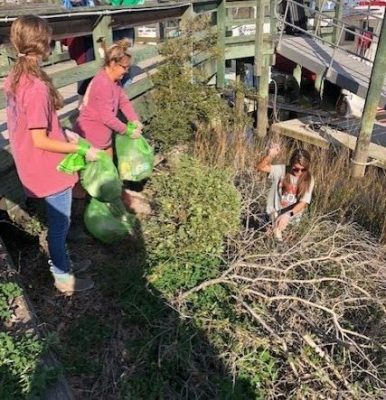

Leea Port is a senior serving as a co-editor on her third year of writing for Socastee High Yearbook and The NativeVoice.net. She also was part of Socastee’s...

